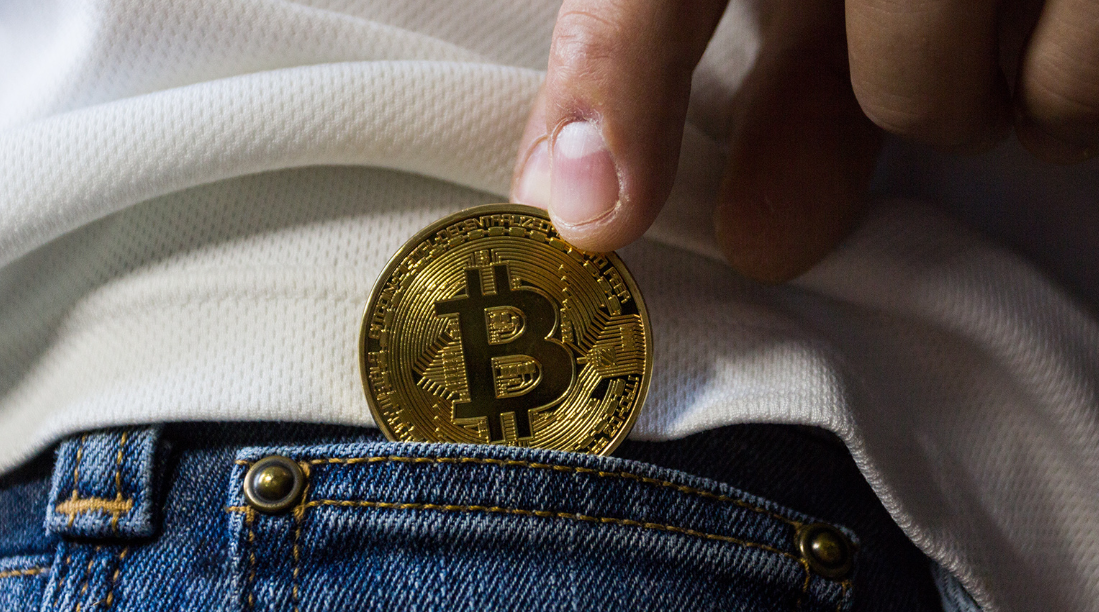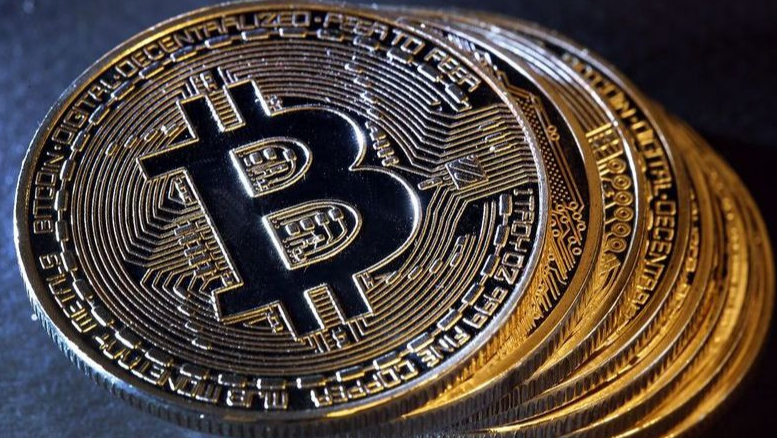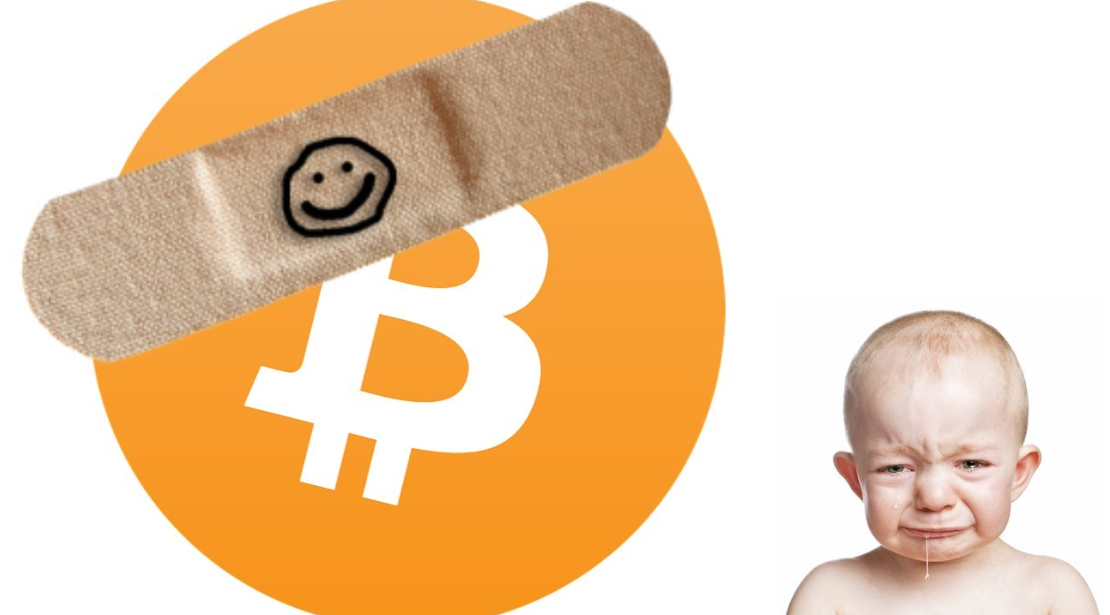Who Controls Bitcoin? you are wondering who controls Bitcoin, you’ve come to the right place. There are a number of different players involved in the cryptocurrency. Among these players are Users, Miners, Exchanges, and Governments. Let’s explore their respective roles in the Bitcoin ecosystem. What makes each group unique?
Users
According to a recent study, one-quarter of Bitcoin transactions are associated with illegal activity. This means that around $72 billion in illegal activities is financed through bitcoin. However, this figure is decreasing, as there is a growing interest in legal uses of the cryptocurrency. The study also looked into the characteristics of both legitimate and illegal Bitcoin users. These data could help law enforcement agencies catch criminals and halt illegal activities, such as buying and selling illegal goods. Many of the legal bitcoin users use the currency as an investment.
The number of users of bitcoin has grown significantly over the past seven years, with the number of active users ranging from 2.9 million to over five million. The number of bitcoin users has increased in proportion to the price and market valuation, with Coinbase, the largest Bitcoin wallet platform, serving over 13 million users. By 2024, this number of users could reach 200 million.
Miners
There have been many discussions in the Bitcoin community about who controls Bitcoin and why. One of the major questions has to do with the developers. The developers are the ones who write the code that makes Bitcoin work, and they are also the ones who decide what changes will be made and when. This means that there is no single person or entity that controls Bitcoin. The consensus mechanism controls it instead.
The Bitcoin ecosystem is a decentralized one, but some groups and individuals are trying to control it. Bitcoin is the leading cryptocurrency in the world, and its total capitalization is higher than the annual GDP of many countries. As a result, many people are interested in Bitcoin and want to multiply their investments. However, some people are worried that one or more entities will be in control of the currency.
Mining is an important part of bitcoin. It involves a process called hashing that verifies transactions and rewards miners with newly minted bitcoins. Although there is no central authority controlling the network, the biggest miners have the most influence. Depending on the amount of hash power they have, they can vote for or against a proposed change to the protocol.
While there is no central authority that controls the Bitcoin network, there are key players who have a hand in determining the price. The most important player is the miner, who verifies new transactions. Miners are rewarded with newly minted bitcoins, so it is not surprising that miners are the most important actors in the Bitcoin ecosystem. Another important player is the exchanges, which set the price and keep track of activities on the blockchain.
The exchanges can also change the rules of Bitcoin by adopting a variant chain. This can cause a security risk if miners fail to support the new chain. Furthermore, it could alienate users. As a result, a large exchange could control the Bitcoin rules by using its economic power.
Exchanges
When you want to trade cryptos, you’ll need to know who controls the exchanges. Exchanges are the central servers that most of us use to transact with the currency. When you sign up with one of them, you are essentially agreeing to follow their rules and see the “Bitcoin” that they display for you. You may also want to look into the policies and procedures of the company that runs the exchange.
Many decentralized exchanges lack customer support, and they can be prone to scams. One common scam involves tricking users into sharing their crypto wallet information, which fraudsters then use to steal their money. Furthermore, if you’re hacked or scammed, you may not have any recourse.
Exchanges should also be registered with AUSTRAC and comply with AML/CTF regulations. This will help protect the public and ensure that they’re not facilitating money laundering. In addition to these requirements, crypto exchanges should be able to identify their customers and ensure they are legitimate beneficial owners. They should also report suspicious transactions to the regulator.
Whether you trade crypto or fiat currency, there are two main types of exchanges. A centralized exchange (CEX) and a decentralized exchange (DEX). A centralised exchange is controlled by a central authority, and it’s similar to a stock exchange. A centralized exchange is run by a company, which acts as both an intermediary and custodian, holding investors’ money. A centralised exchange is similar to a bank, and its services provide security and surveillance for the funds they hold.
Governments
The potential for cryptocurrencies like Bitcoin is huge, but they also come with big risks. As a result, many governments have been watching the current trends in crypto-regulation with interest. Currently, nine countries have banned cryptocurrency exchanges and restricted bank dealings with them, including China. These regulations aim to protect customers, prevent fraud, and stabilize financial systems. Others ban cryptocurrencies as a means of exerting greater control over their citizens.
Governments have expressed concern over the potential use of cryptocurrencies by Russia in order to get around sanctions imposed after the Russian invasion of Ukraine. Earlier this year, Democratic senators pressed the Treasury Department for information on how the Russian government was using cryptocurrency to avoid sanctions. The Biden administration argues that Russia is unlikely to make up lost business by turning to crypto. It is also important to note that Russia has been under sanctions since the start of the Russian invasion of Ukraine, so this move would not help them recover any lost business.
Because bitcoin operates through a decentralized network, governments find it difficult to regulate it. This makes it difficult for the government to set monetary policy and tax regulations. Tax treatment is a major concern for governments, and government officials are not happy about the rise of bitcoin. However, governments can influence the price of cryptos in several ways. These governments can either regulate the price of digital assets through international marketplaces or create strict regulations on the use of bitcoin.
Moreover, there are concerns about the potential for illegal activities associated with the cryptocurrency. Because it is global and decentralized, it can be used for terrorism funding, drug trafficking, and as a means of laundering money. While it is a legitimate investment tool, some people believe that the risks associated with it make it an undesirable choice.
Individuals
According to a new report by the National Bureau of Economic Research (NBER), just the top 10,000 Bitcoin investors control almost one third of the total in circulation. The study broke down Bitcoin ownership into two categories: individual investors and intermediaries. By the end of last year, the top 1,000 individual investors controlled more than three million Bitcoin, with further concentration expected in the future.
Although Bitcoin has a decentralized nature, the numbers suggest that some individuals and groups are trying to control its development. As of April 2017, one-third of Bitcoin is held by the top 10,000 accounts, according to a study by the National Bureau of Economic Research. This concentration of ownership may be beneficial for the wealthiest investors, but is it good for the entire network?
While Bitcoin has an extremely high demand, the price is still too high for the average investor to buy. As the price increases, the supply of Bitcoin falls. This snares the average investor, pushing the digital currency out of reach. However, there are many ways to lower the price of Bitcoin and increase its adoption.
The Bitcoin developers are the ones who write the code that makes the entire network work. These developers decide when and how to make changes. They have complete control over the software. The Bitcoin community is free to criticize them, but they can always opt out and join the other systems. If the majority of users, miners, and developers disagree with the changes, they can simply join other systems.




